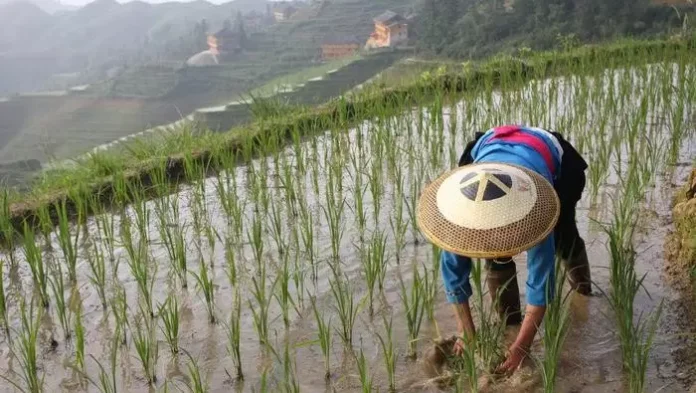THE EDITOR – The presence of agricultural blockchain technology to develop real-world assets in agriculture, is appreciated by the Indonesian Islamic Farmers Union Youth (PASTII).
“In our opinion, the presence blockchain technology, especially for agriculture, is very much in line with our tagline of the Indonesian Islamic Farmers Union,” said PASTI Chairman Aigi Murizky to The Editor on Wednesday (9/6/2025).
What blockchain association is doing now, Aigi said, will bring Indonesia to the forefront as blockchain is the business of the future that only developed countries are involved in.
If successfully implemented, he believes it will help the farmers in Indonesia and make them ready to welcome the various technologies offered by the blockchain system. This is because blockchain allows the recording of transactions that cannot be altered and can be accessed by all relevant parties, thus creating trust and equity in the supply chain.
What he admires the most is that this technology system is able to directly connect farmers with buyers around the world. For this reason, he hopes blockchain system will become a pioneer in implementing this business from upstream to downstream.
“In terms of creating a broad market, Farmers can utilize blockchain to connect directly with potential buyers in domestic and global markets, reduce dependence on middlemen, and get better prices. This will certainly improve the welfare of farmers,” he said.




